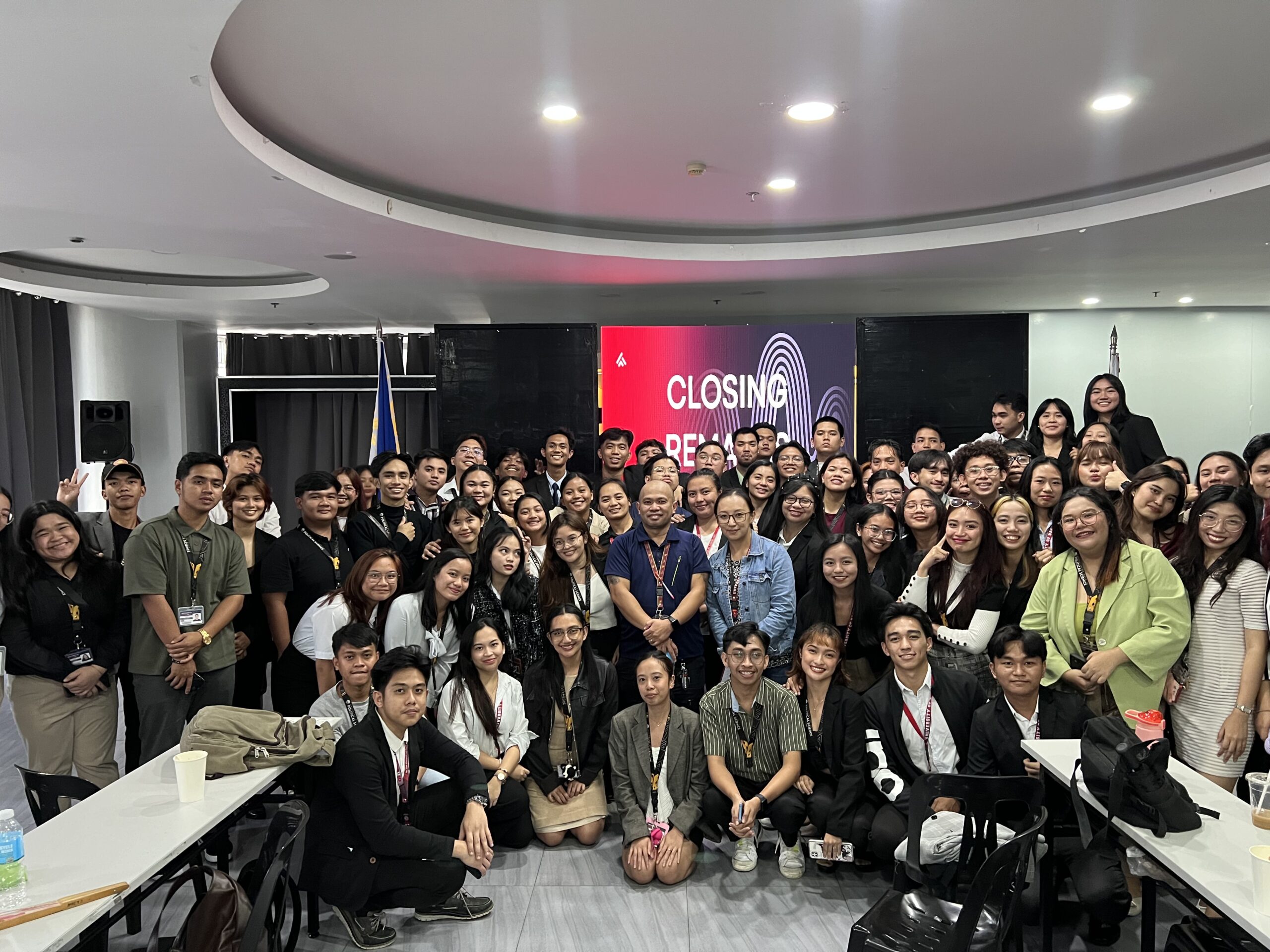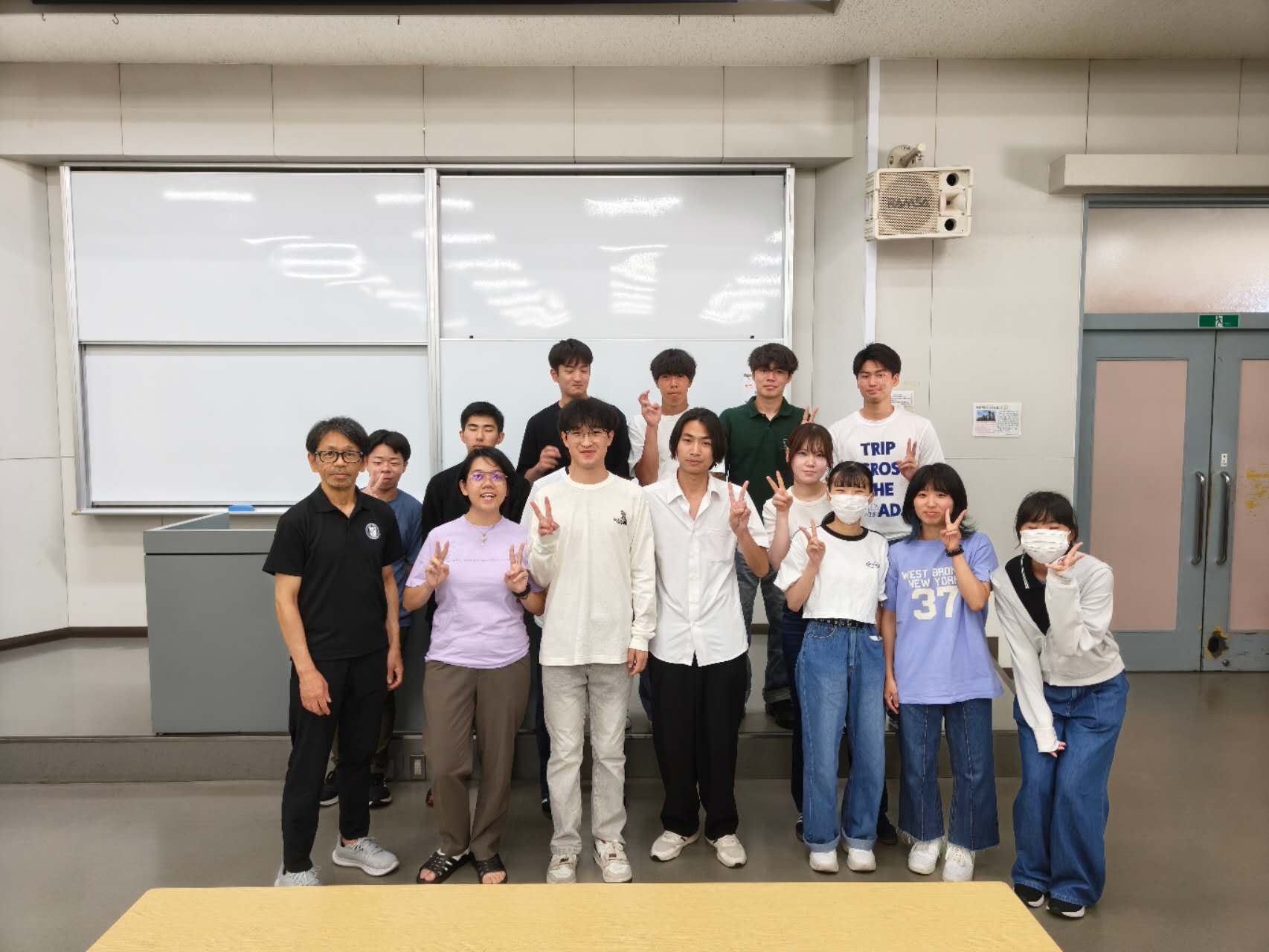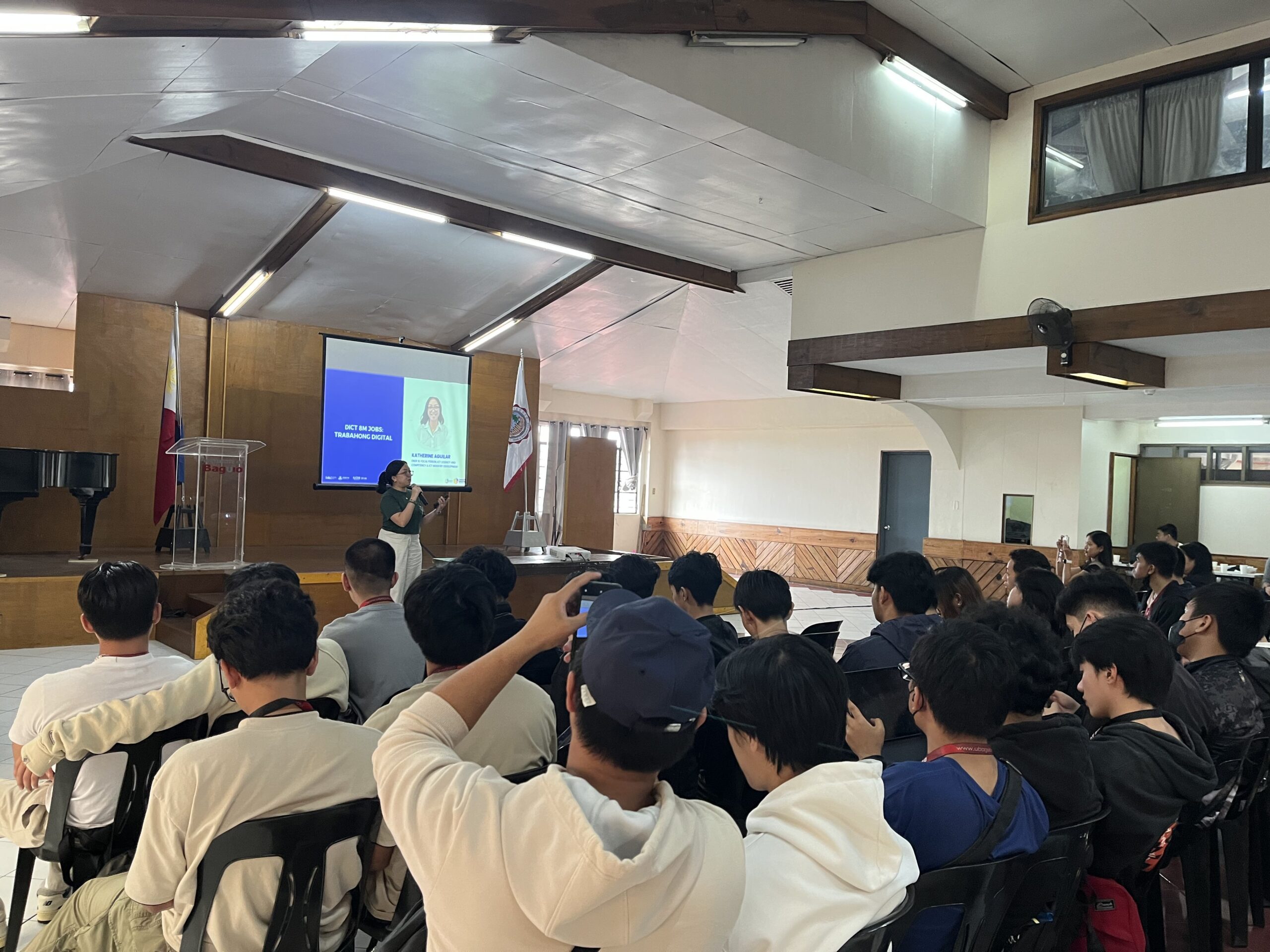Written by Aira Clarize Buyco and Mark Genrev Baybayan
On August 30, 2024, the 4th-year Political Science students and their instructor, Ms. Luvina Lalwet, organized a seminar and workshop titled “Embracing AI in Academic Research: Ethical Considerations and Practical Applications.” The said theme was thoroughly discussed by Mr. Alexander Killip Jr., one of the esteemed faculty members of the Bachelor of Arts in Political Science, who has published multiple studies in various journals. The event at the University of Baguio’s (UB) Centennial Hall aimed to introduce students to the responsible and ethical use of artificial intelligence (AI) in academic research. Both 3rd and 4th-year Political Science students were in attendance.
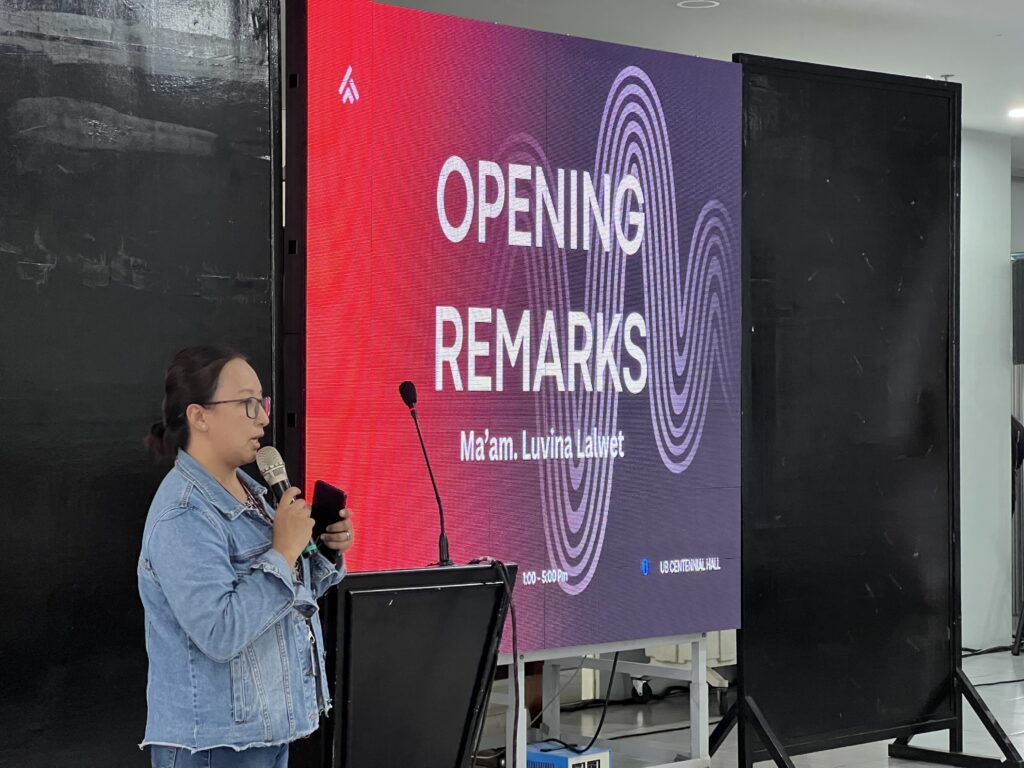
One very important note emphasized during the seminar is to maximize what is in front of you, such as the existence of Artificial Intelligence. In this ever-evolving world, it is inevitable to seek help from various Artificial Intelligence tools, from proofreading, paraphrasing, text enhancement, and the like. Aside from its accessibility, it requires no effort, for in just one click, you can already have what you want. This is the main reason why students rely heavily on the use of AI, especially in conducting research, a crucial requirement that every student must accomplish. The very important question that was answered during the discussion was, “Is the use of AI in academic research ethical?”
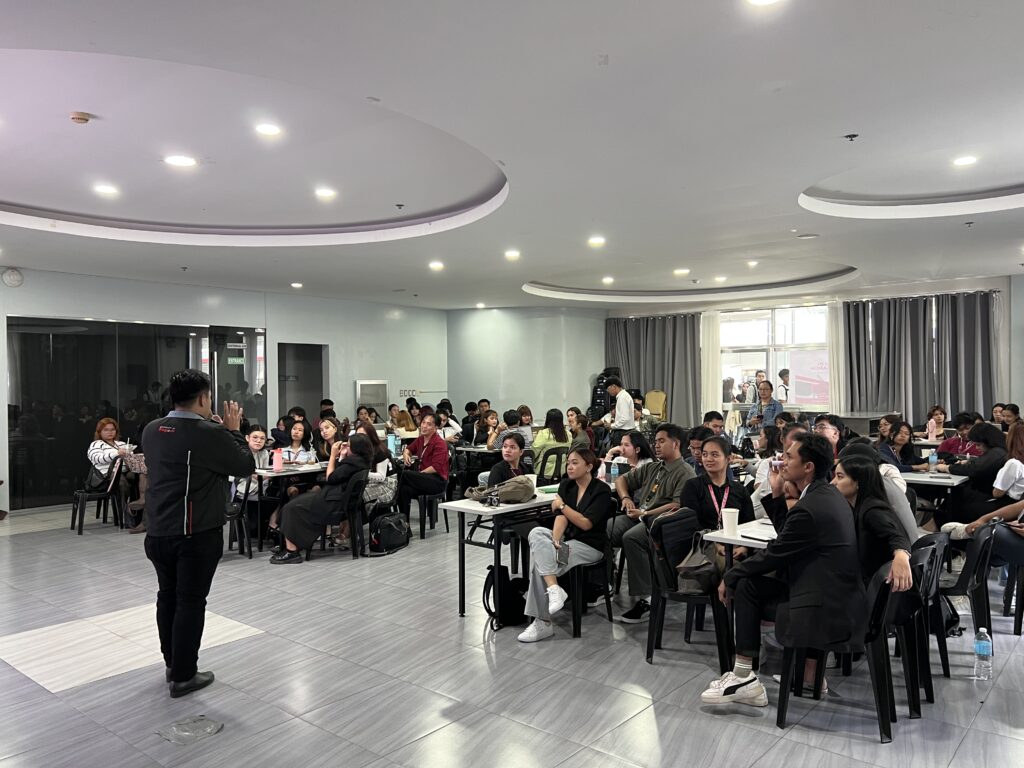
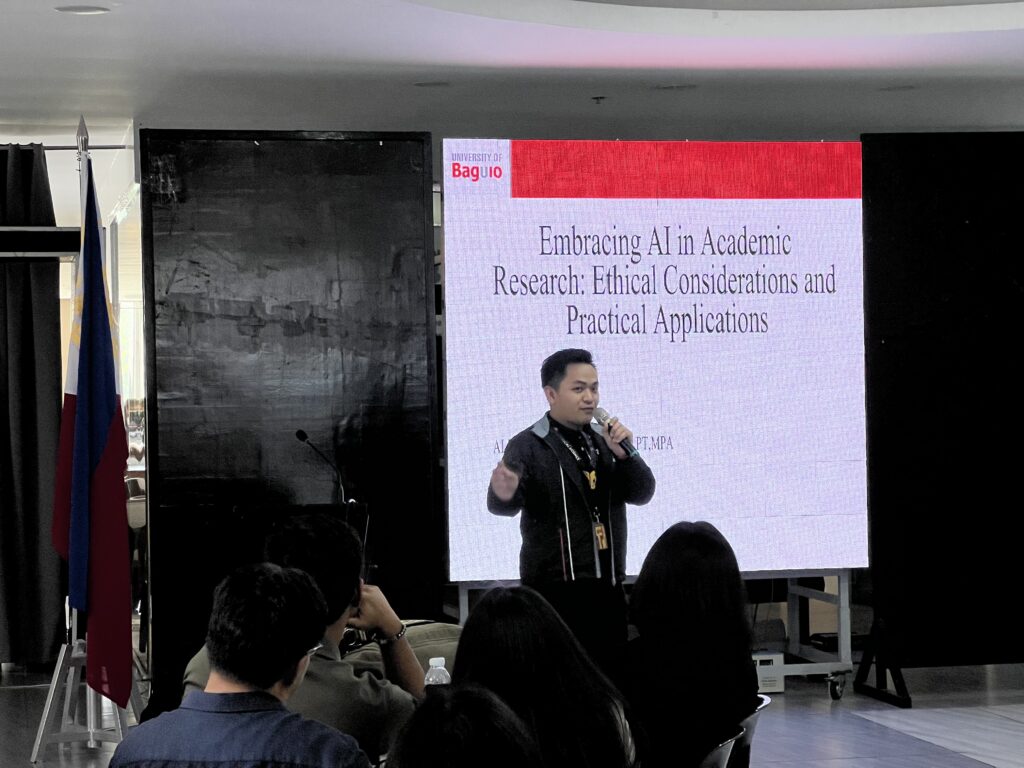
The resource speaker, Mr. Alexander Kilip Jr., shared his insights from a previous AI seminar he attended, focusing on how AI tools such as ChatGPT, Perplexity, and others can be applied effectively and ethically in research. Throughout his presentation, Mr. Kilip emphasized the importance of not only understanding how to use these technologies but also being aware of their ethical implications. He highlighted the potential risks of misinformation, bias, and over-reliance on AI, suggesting students strike a balance between human reasoning and AI assistance.
He also revealed that some of the most prestigious universities in the country have integrated and recommended the use of artificial intelligence in academic research, one of them is the University of the Philippines, basing the use of AI in the ethical principles of Integrity, Accountability and Transparency. In short, it is not unethical if solely the use of AI is to improve the readability of your own drafted texts. And, it also highlighted in the discussion the need to declare and acknowledge the use of AI tools in the manuscript in whatever purpose they were utilized.
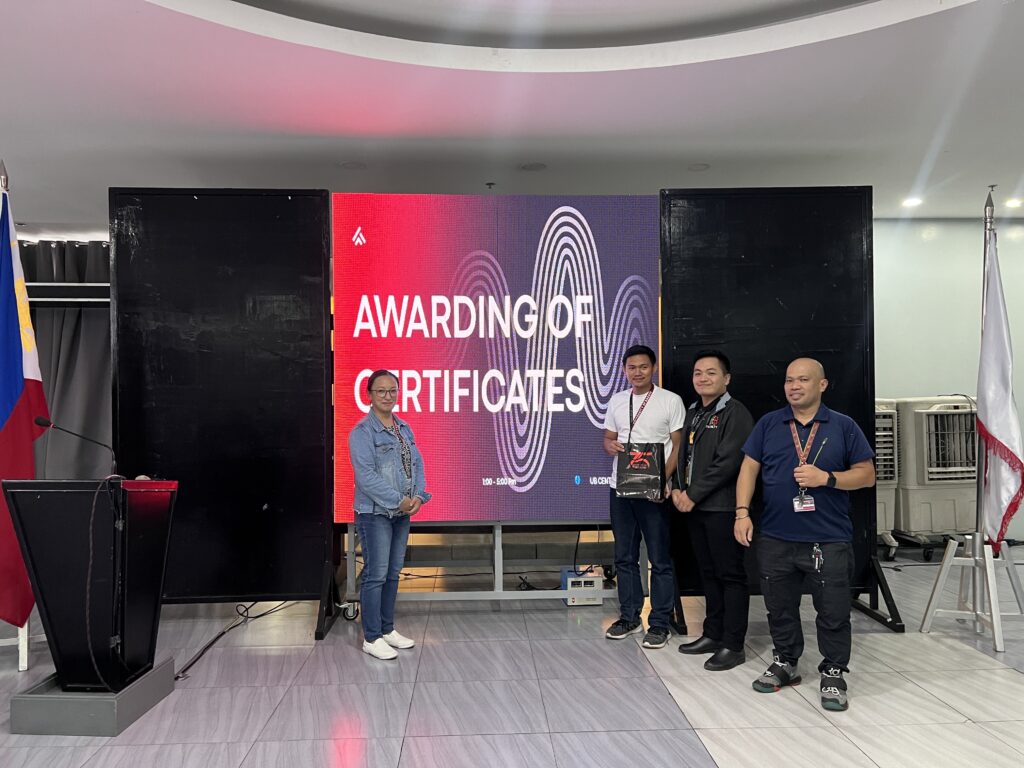
The workshop was designed to provide students with hands-on experience using AI tools using their laptops. Mr. Kilip demonstrated how these platforms could assist in writing literature reviews, data analysis, and even writing research papers. However, he emphasized that AI should serve as an aid, not a replacement, for critical thinking and academic integrity. Students were guided through various scenarios where they could employ AI responsibly, ensuring that their work remained original and ethical.
Hence, the use of AI has both advantages and disadvantages, depending on how users utilize it. Remember, it is just a tool invented by innovative minds to ease the completion of difficult tasks, not a tool that hinders innovative minds from thinking.

